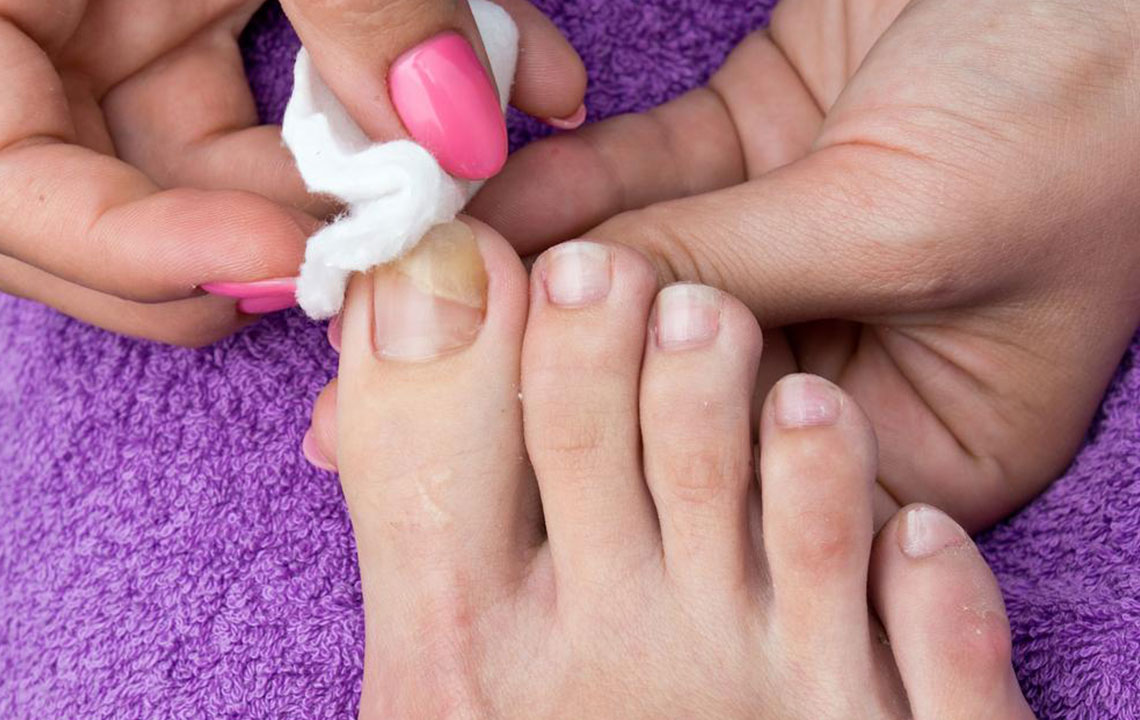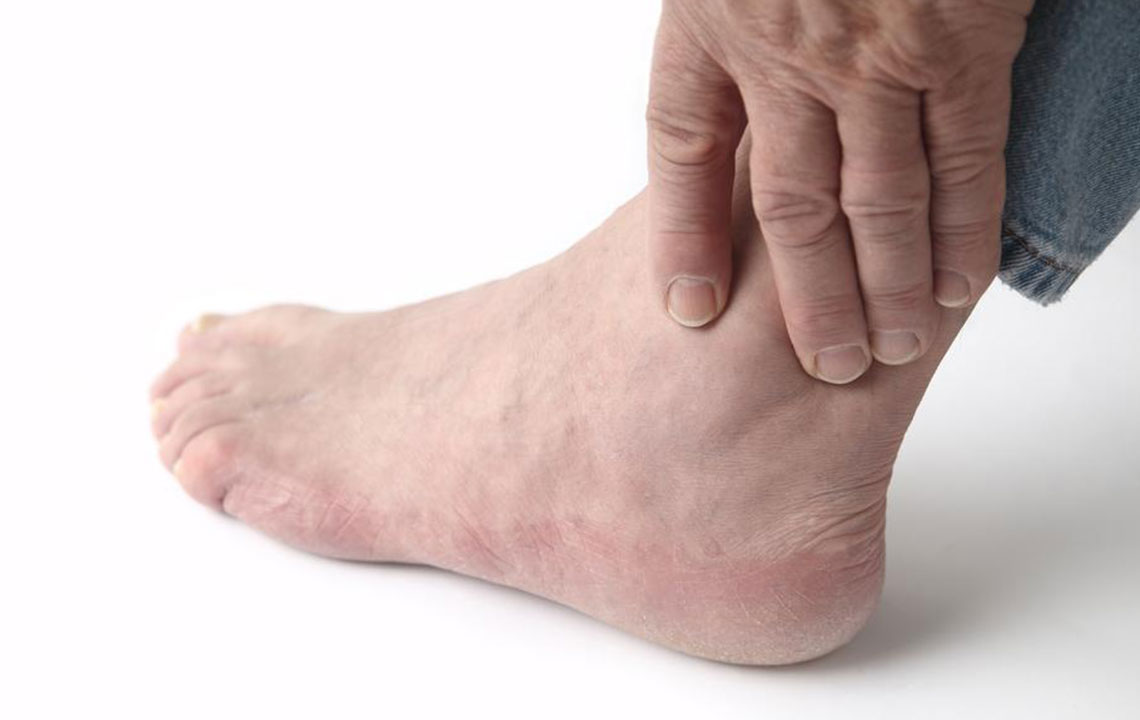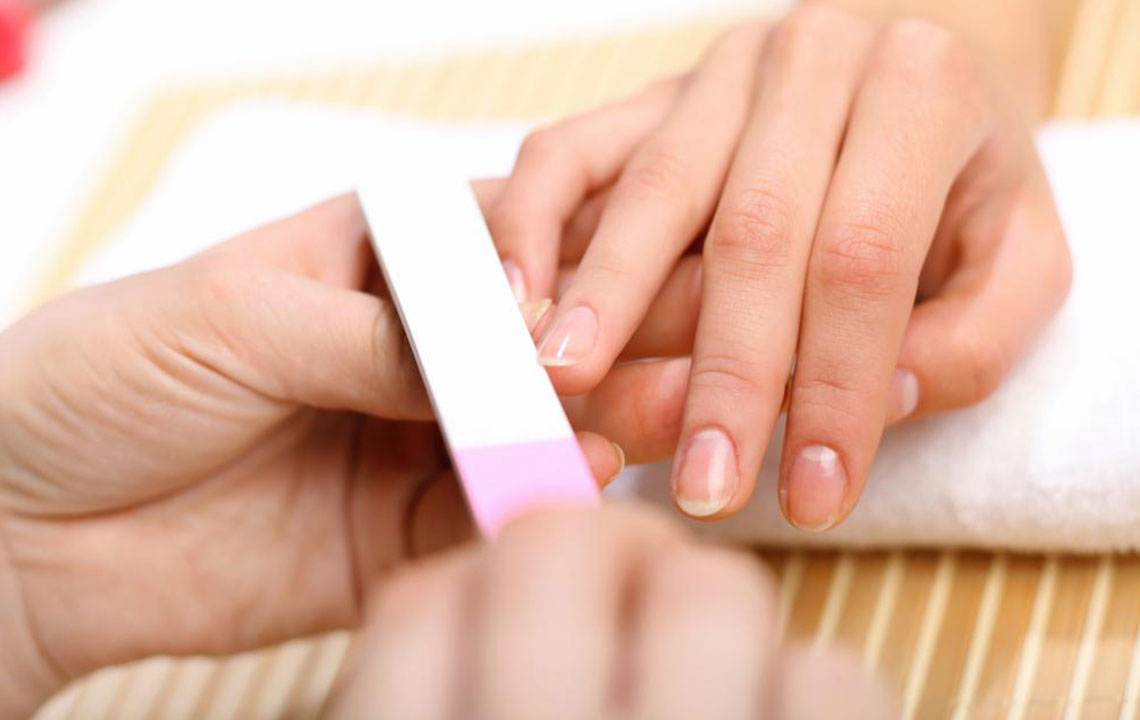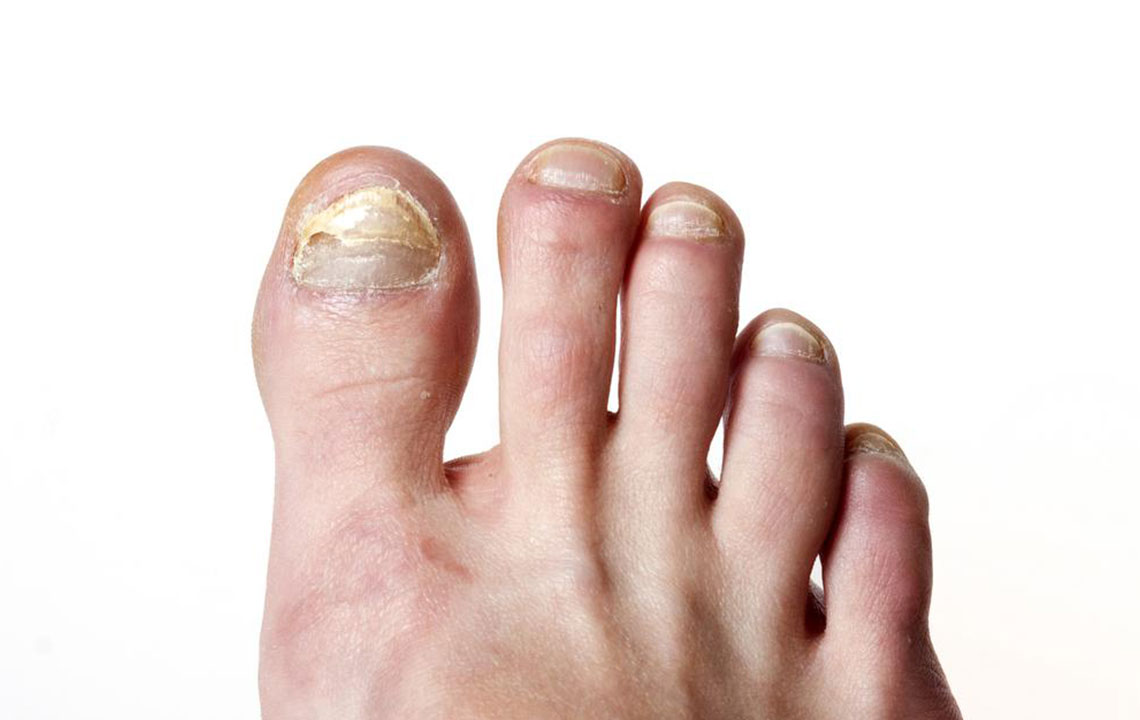Comprehensive Guide to Home Remedies for Easing Wheezing in Infants
This comprehensive guide provides safe and natural home remedies for easing wheezing in infants. It covers methods like breastfeeding support, steam therapy, hydration, and inhalation aids. These strategies help soothe your baby's airways, reduce mucus buildup, and promote faster recovery. The article emphasizes the importance of monitoring symptoms and seeking medical advice if conditions worsen. Perfect for parents seeking natural relief options, this guide ensures your infant’s breathing is supported effectively at home with practical, easy-to-implement solutions.
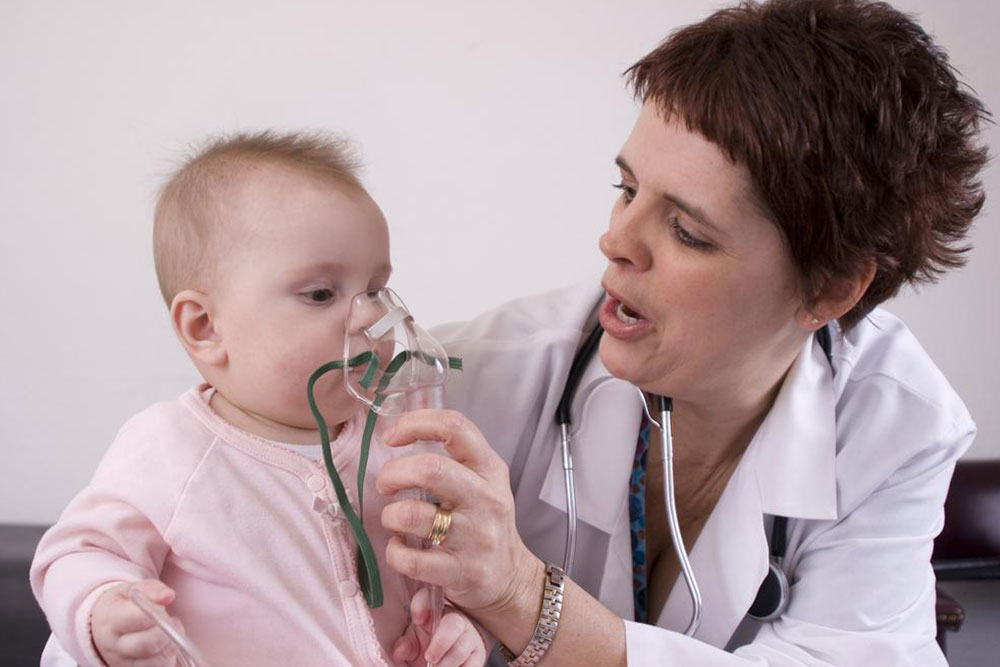
Comprehensive Guide to Home Remedies for Easing Wheezing in Infants
Wheezing in infants is a common respiratory symptom characterized by a high-pitched whistling sound during breathing, particularly when exhaling. It often signals underlying issues such as bronchitis, common colds, coughs, or excessive mucus accumulation in the airways. While parents may find this condition worrying, most mild cases of transient wheezing tend to resolve naturally as the child's immune system fights off the infection. Understanding and implementing basic home remedies can significantly help soothe your baby’s discomfort and improve their breathing. These methods are safe, simple, and easy to incorporate into daily routines, providing immediate relief and supporting overall respiratory health.
This comprehensive article explores various effective home strategies to help alleviate wheezing in infants, ensuring safety and clarity for parents seeking natural relief options. From boosting breastfeeding to using steam therapy, hydration, and inhalation aids, each approach contributes to easing breathing difficulties and speeding up recovery. Additionally, it's essential for caregivers to monitor their infant closely and seek medical attention if symptoms worsen or persist beyond a few days.
Supporting Breastfeeding for Respiratory Health: Encouraging breastfeeding is one of the most effective home remedies to help reduce wheezing episodes in infants. Breast milk provides essential immune-boosting antibodies and nutrients that strengthen the infant's respiratory defenses. It helps prevent infection-related inflammation in the airways, reducing the severity or frequency of wheezing episodes. Studies have shown that infants exclusively breastfed for longer periods experience fewer respiratory difficulties and recover faster from illnesses. Ensuring your baby is breastfeeding on demand creates a natural protective barrier against respiratory issues.
Steam Therapy for Immediate Relief: Steam inhalation is a well-known method to soothe irritated airways. By creating a humid environment, you can help loosen thick mucus obstructing the air passages. To do this safely, you might take your infant into a bathroom filled with warm steam (e.g., running hot water in the shower) or set up a steam-generating device in a small, closed space. Always supervise to avoid burns or scalds, and ensure the temperature isn’t too hot. Allow your baby to sit or lie in this steam-rich environment for about 5-10 minutes, during which the moisture helps relax airway muscles, ease congestion, and promote easier breathing.
Hydration to Thin Mucus and Support Recovery: Maintaining adequate hydration is crucial for infants experiencing wheezing. Fluids help thin the thick mucus that can clog the airways, making it easier to cough up or clear naturally. Warm fluids such as water, breast milk, or mild warm teas (appropriately prepared for infants) are especially beneficial. Providing warm fluids not only eases breathing discomfort but also promotes faster immune response. Ensuring your infant stays well-hydrated during illness aids in quicker recovery and reduces the risk of dehydration, which can complicate respiratory issues.
Safe Inhalation Aids for Quick Relief: Inhalation therapies are a safe and effective way to relax airway muscles and reduce wheezing. Using nasal inhalers approved for infants, saline sprays, or vaporizers can help deliver moisture and soothe inflamed tissues. These inhalation aids are side-effect free and can be used frequently without concern for adverse reactions. They work by dilating the airways and relieving spasms, providing immediate comfort. It is essential to follow instructions carefully and consult a healthcare provider to ensure the chosen method is suitable for your baby’s age and health condition.
Ultimately, while these home remedies can be effective in managing mild wheezing episodes, continuous monitoring is vital. If your infant's wheezing worsens, or if there are additional symptoms such as high fever, persistent cough, difficulty feeding, or increased respiratory distress, seeking prompt medical attention is crucial. Always consult a pediatrician before starting any new treatment, especially if your baby has underlying health issues or if symptoms persist beyond a few days.
This guide aims to empower parents with safe, natural remedies to support their infant’s respiratory health at home efficiently and confidently. Proper care, combined with timely medical consultation, can ensure your child breathes easier and recovers swiftly.

